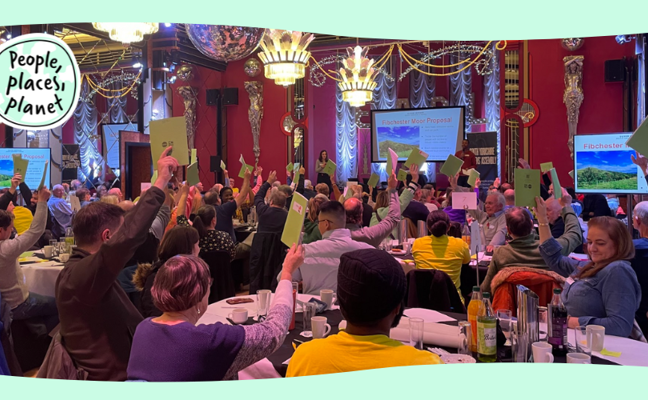Knowledge hub

Visual facilitation and thinking with the Office for National Statistics
17 July 2024 Design
A sneak peek at our visual facilitation training with ONS, sketching, simplifying concepts, and applying visual thinking in complex contexts.
Read more
From SQL Server, to Azure, to Fabric: My Microsoft Data and Analytics journey
25 June 2024 Technology & data
There is always something new in the Microsoft space, and Fabric is the latest game-changing update to impact the world of analytics.
Read more
Place and infrastructure: thinking about digital transformation in a new way
09 May 2024 Organisation strategy & design
Digital transformation is more than gadgets or sensors—it's about the intentional and adaptive design of policy, planning and project delivery to achieve user and economic outcomes.
Read more
What we've learned about designing citizens' assemblies on climate change
23 January 2024 Community engagement
Hannah shares some learnings based on her experience designing citizens' assemblies on climate change, and how she’s implemented them recently in South Yorkshire
Read more
Planning reform: simplify, standardise, and engage
25 July 2024 Delivery
How we can streamline planning with clarity, consistency, and appropriate citizen input to boost development and hit housing targets.
Read more













